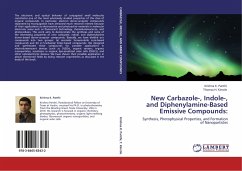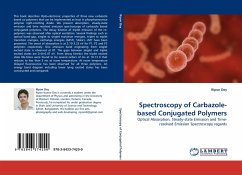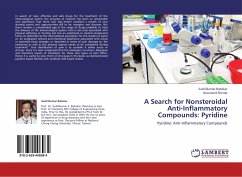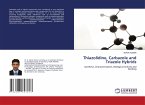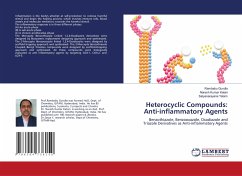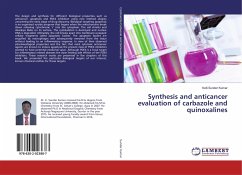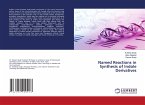The electronic and optical behavior of conjugated small molecules constitutes one of the most extensively studied properties of this class of organic compounds. In particular, electron donor-acceptor compounds separated by -conjugation have attracted much research interest because of their applications as electroactive and photoactive materials in molecular electronic areas such as fluorescent technology, chemoluminescence, and photovoltaics. This work aims to demonstrate the synthesis and some of the interesting properties of new carbazole, indole, and diphenylamine donor-based donor-acceptor compounds. Basically, we have divided our compounds into two groups: (a) aromatic fumaronitrile core-based compounds and (b) 2,7-carbazole linker-based compounds. We designed and synthesized these compounds for possible applications in electroluminescent devices (such as OLEDs), organic sensors, organic nanoparticles, sensitizers in organic dye-sensitized solar cells (DSSCs), and other optoelectronic devices. We have shown their possible application in above mentioned fields by doing relevant experiments as discussed in the body of the book.
Hinweis: Dieser Artikel kann nur an eine deutsche Lieferadresse ausgeliefert werden.
Hinweis: Dieser Artikel kann nur an eine deutsche Lieferadresse ausgeliefert werden.

